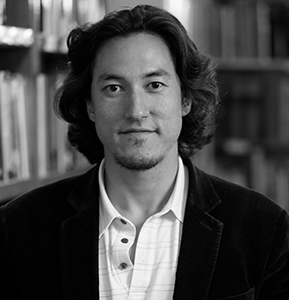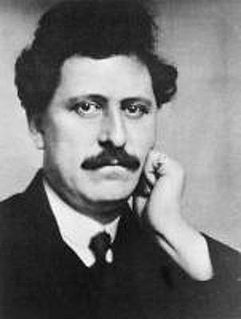A Quote by Lee Kuan Yew
We must encourage those who earn less than $200 per month and cannot afford to nurture and educate many children never to have more than two… We will regret the time lost if we do not now take the first tentative steps towards correcting a trend which can leave our society with a large number of the physically, intellectually and culturally anaemic.
Related Quotes
The lower the family income, the higher the probability that the mother must work. Today, 1 out of 5 of these working mothers has children under 3. Two out of 5 have children of school age. Among the remainder, about 50 percent have husbands who earn less than $5,000 a year-many of them much less. I believe they bear the heaviest burden of any group in our Nation. Where the mother is the sole support of the family, she often must face the hard choice of either accepting public assistance or taking a position at a pay rate which averages less than two-thirds of the pay rate for men.
Children are our crop, our fields, our earth. They are birds let loose into darkness. They are errors renewed. Still, they are the only source from which may be drawn a life more successful, more knowing than our own. Somehow they will do one thing, take one step further, they will see the summit. We believe in it, the radiance that streams from the future, from days we will not see. Children must live, must triumph. Children must die; that is an idea we cannot accept.
The greater part of our best years has been passed for our generation in these two great worldconvulsions. All will be changed after this war, which spends in one month more than nations earned before in yearsthere is no more security in our time than in those of the Reformation or the fall of Rome.
To the distracting occupations belong especially my lecture courses which I am holding this winter for the first time, and which now cost much more of my time than I like. Meanwhile I hope that the second time this expenditure of time will be much less, otherwise I would never be able to reconcile myself to it, even practical (astronomical) work must give far more satisfaction than if one brings up to B a couple more mediocre heads which otherwise would have stopped at A.
love is thicker than forget more thinner than recall more seldom than a wave is wet more frequent than to fail it is most mad and moonly and less it shall unbe than all the sea which only is deeper than the sea love is less always than to win less never than alive less bigger than the least begin less littler than forgive it is most sane and sunly and more it cannot die than all the sky which only is higher than the sky
We are compelled to work more hours per day, receive less pay per hour, pay more for what we buy, and recieve less for what we sell. The consequence is that we must work harder and more hours per day than we should, and in the end have less than what is due to us as our part of the advantages, conveniences and opportunities resulting from advancing civilization.
I've been in New York for 14 years. I would never leave for good. The city is so much more alive than so many other places, and I think it is fodder for performers. You see so much; research is thrown at you everywhere you go. There was a rat on the subway train recently - you saw the video online - that's fantastic! That's something that is so specific to this city, the way you are pushed up against humanity, and the animal kingdom, whether you want to be or not. It's a stimulating city - physically, intellectually, culturally. It never ceases to thrill me.
I've come up with the three things you never want to hear at your kid's parent/teacher conference. Number one: 'You're only responsible for the first $10,000 worth of damage.' Number two: 'We have medication for this.' And number three: 'It was more than an ounce and he was less than a hundred yards from the school.'
Abracadabra, thus we learn
The more you create, the less you earn.
The less you earn, the more you're given,
The less you lead, the more you're driven,
The more destroyed, the more they feed,
The more you pay, the more they need,
The more you earn, the less you keep,
And now I lay me down to sleep.
I pray the Lord my soul to take
If the tax-collector hasn't got it before I wake.
In meditation you withdraw from others and focus your attention inside to gain purity of mind and wisdom energy. Then you must become extroverted and use this energy. When you take a long jump, you must first take some steps backward. Then you run, and make the jump. Like this, you first withdraw, observe yourself, develop clarity and unlock the wisdom. Then you make a long jump into society, to serve society. These two steps cannot be separated.
Each year more than 100,000 high school graduates, with proved ability, do not enter college because they cannot afford it. And if we cannot educate today's youth, what will we do in 1970 when elementary enrollment will be 5 million greater than 1960? And high school enrollment will rise by 5 million. College enrollment will increase by more than 3 million.
We have a dangerous trend beginning to take place in our education. We're starting to put more and more textbooks into our schools. We've become accustomed of late of putting little books into the hands of children, containing fables and moral lessons. We're spending less time in the classroom on the Bible, which should be the principal text in our schools. The Bible states these great moral lessons better than any other man-made book.












































